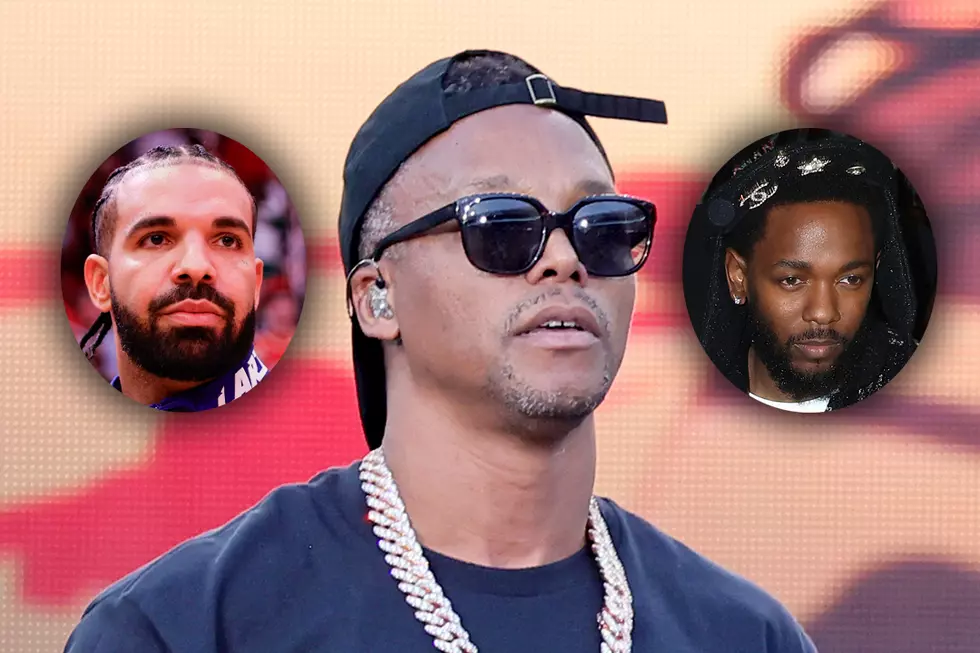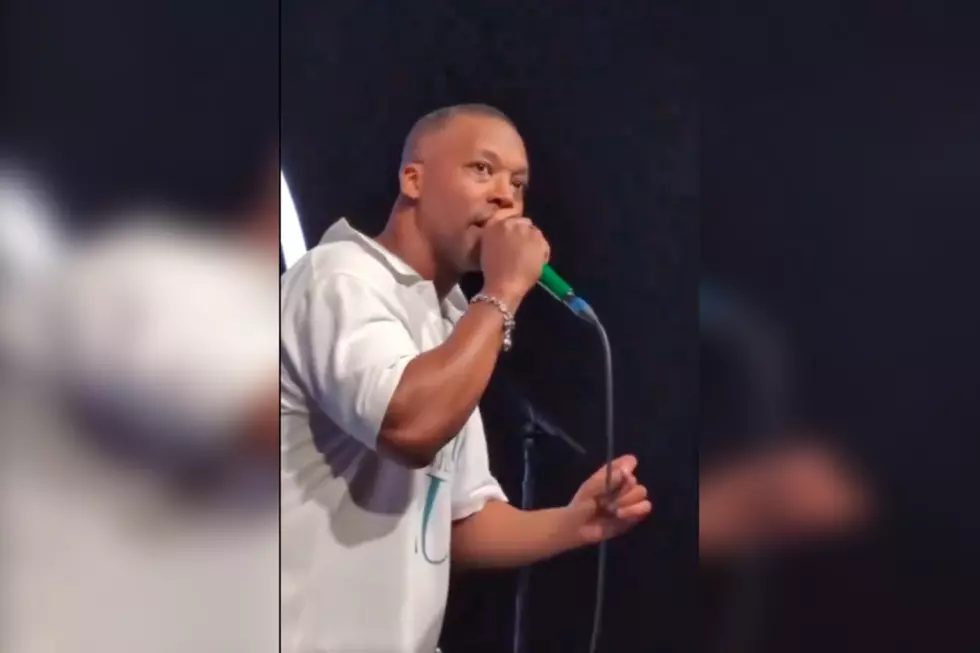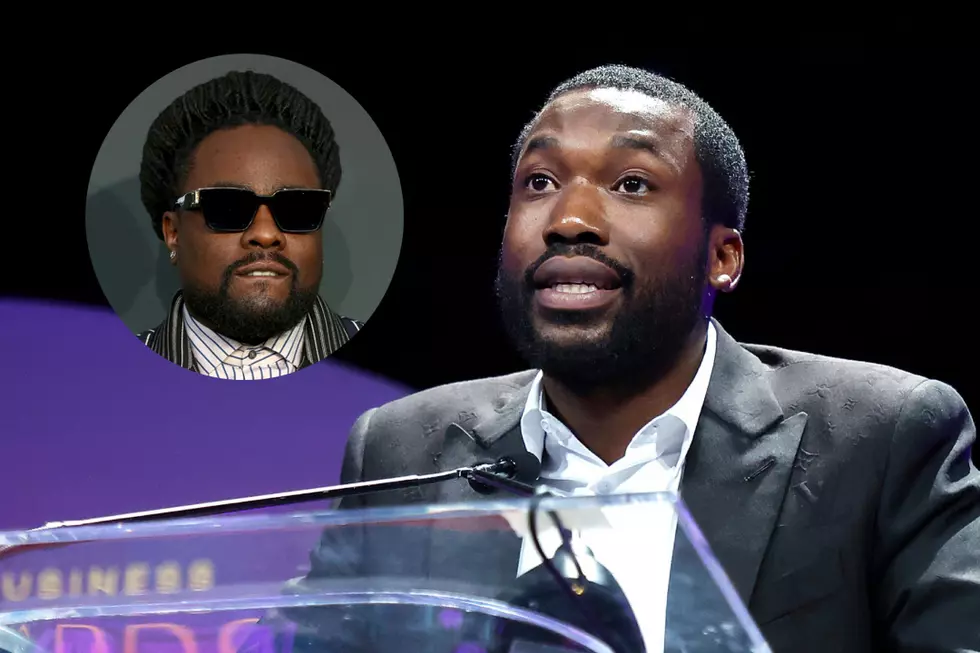Hipster Boogie
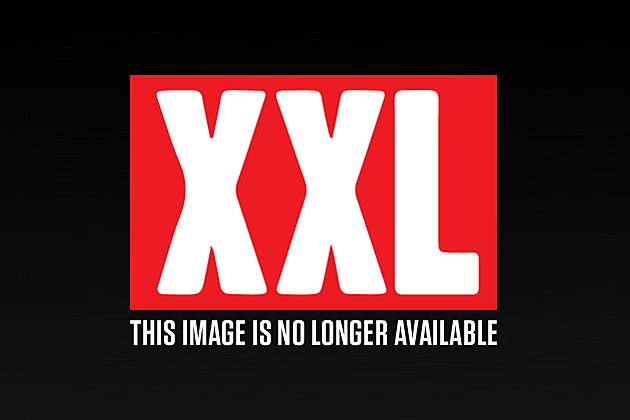
Damn, it feels good to hear a hipster
They are modern society’s coiffed pariahs, the poseurs you love to hate. They are vultures of culture—the personification of style’s suffocation of substance, snark’s snuff of sincerity, jaded irony’s preemptive strike on perspective. They are the vacuous trend-chasing children of privilege, the young and the soulless. They are walking, talking empty T-shirt slogans. They are the scourge of 21st-century humanity, fakers of funk in form-fitting jeans and Nike Dunks. They are hipsters. And they now officially possess their own lane in the rap game. Ladies and gentleman, the hip-hop gods mercilessly present to you “hipster rap.”
This, to paraphrase the illustrious words of Ricky Walters, was the moment many of us longtime hip-hop watchers feared. The culture we love gone kitsch. Faux-hawked fools in dookie rope chains sipping nutcracker from plastic cups, tongue rings planted firmly in cheeks. Sure, we’d seen it coming for years. The blueprint had been drafted as far back as 1986, when the Beastie Boys, well-bred downtown hardcore kids slumming for new styles, channeled Schoolly D’s reverb-soaked gun chatter into a classic rapsploitation joyride called Licensed to Ill. But the Beasties were actually musically gifted (a ginormous detail no one bothered to tell ’90s proto-hipster outfits like the insufferable Northern State). And the more recent outcroppings of their descendants had, for the most part, resigned themselves to hip-hop’s margins. Couldn’t they have stayed there? Couldn’t they have been content in their contemporary roles as voyeuristic Dipset fanboys and -girls? Was it really necessary for them to try to rap?
But a funny thing happened on my way toward categorical condemnation of hip-hop’s latest subgenre: I learned that hipster rap wasn’t a threat to my cherished traditional hip-hop value system. It was, in fact, not what I had even initially perceived it to be. Hipster rap deserved some reconsideration.
Re: Definition
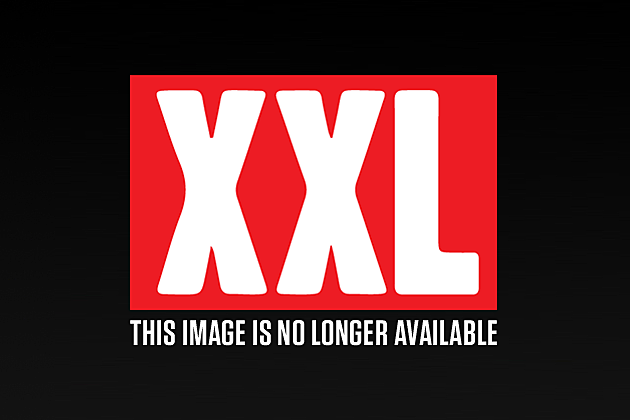
It’s telling that, when you Google the words “hipster rap,” the top two results are Yahoo Answers posts that pose questions: First, “What is hipster rap?” And then the decidedly more confused and desperate sounding, “Does anyone know what hipster rap is?” (Okay… Calm down and come in off the ledge, Yahoo Answers.)
The correct answer to the latter is, of course, not really. Hip-hop subgenres have historically been subject to oversimplified labeling from both within and without (see: “gangsta rap,” “conscious rap,” “jazz rap,” “backpacker rap,” “emo rap,” etc.). But hipster rap, or, as it shall now and forever be more accurately known, so-called hipster rap (SCHR) may actually be the most contentious misnomer of them all. No rapper wants to be known as a hipster. (Really, nobody wants to be known as a hipster.) Besides the distasteful connotations of the term popularized by the 1957 Norman Mailer essay “The White Negro: Superficial Reflections on the Hipster” (for all you literary types), the reasons have been well enough demonstrated by a late-May poll on boom-bap-centric hip-hop blog unkut.com, infamously titled “Who Is the Biggest Douchebag in Hipster Rap?”
There’s a set of usual suspects typically mentioned in discussions of SCHR. For anyone who may have misplaced their scorecard, the unofficial roll call is as follows. The Cool Kids: Midwestern-suburbs-raised bicycle enthusiasts and ’80s revivalists Mikey Rocks and Chuck Inglish. Kid Sister: club-friendly Chi-Town femcee who enjoyed SCHR’s biggest hit to date, last year, with her catchy duet with Kanye West, “Pro Nails.” Kidz in the Hall: Ivy League–edumacated post-backpacker duo that earned steady burn on MTV’s TRL earlier this year with the used-car-salesman-spoofing video for “Drivin’ Down the Block (Low End Theory).” The Knux: proudly abstract New Orleanian rhyming/producing siblings and Interscope Records signees known for their playful retro single “Cappuccino.” Mickey Factz: prodigious, prolific Bronx-bred renegade of funk who’s released three separate mixtapes within the last year, culminating in the acclaimed, artsy Heaven’s Fallout. Wale: Washington, D.C., rhyme sensation and recent Roots collaborator signed to big-shot producer Mark Ronson’s Allido imprint. Pacific Division: L.A.’s modern-day “F.A.T. Boys” (that’s “fashionable artistic trendsetters”) recently signed to Universal Records. And, of course, SCHR’s perpetually budding “Superstar,” Mr. “Kick Push” himself, Lupe Fiasco.
Several of these folks are on record as saying there’s no legitimate basis for their genre’s unflattering, unsolicited handle. (Not the ebullient Kid Sister, who, thanks to her association with both Kanyeezy and her brother Josh’s celebrated Flosstradamus DJ crew, simultaneously enjoys the most mainstream hip-hop and hipster-crowd credentials of anyone in the SCHR bunch. “I’m not complaining,” she says about the hipster tag. “You can call me whatever you want to call me. Just don’t call me bitch!”) The consensus, though, is that the term is a convenient media/blogosphere invention that puts a pretty diverse collection of artists in a box simply because they eschew today’s rap’s swagger-by-numbers conventions—either musically, in appearance, or both.
“The hipster rap term came from the bloggers,” Kidz in the Hall’s Naledge told video-grapher Mikey Fresh last April. “And it’s odd enough that the bloggers actually were the hipsters that was looking for that music. So now that it’s picking up steam, they had to have a phrase [for] it.”
Former signees to the revived Rawkus Records (backpacker central of the late ’90s) and currently on the roster at Duck Down Records, where they are label mates of ’90s keep-it-real refugees Sean Price, Buckshot and Smif-N-Wessun, Naledge and partner Double O view SCHR artists as just the new “backpackers,” with a bigger clothing budget.
Naledge: “Everybody who was considered backpacker, now they getting a little more fitted in they jeans, they belts is name brand, they backpacks is name brand. It’s a little bit different… But it’s the music is what’s important.”
Agreed. Thus, when shovel comes to shit, SCHR is a genre whose meaning cuts no deeper than the silk-screened print on your designer hoodie—a subtle changing of the guard’s wardrobe. This new music is not the domain of regular hipsters—contrived, self-styled outsiders—but of actual musical outsiders, in some respects even purists, riding the periphery of hip-hop’s still-narrow definitions of acceptability. “OutKasts,” two dope boys in a Cadillac once termed it, I believe. Hip-hop misfits? Maybe. Straight-up hipsters? Eh, not really buying it.
Tight jeans > Tight rhymes?
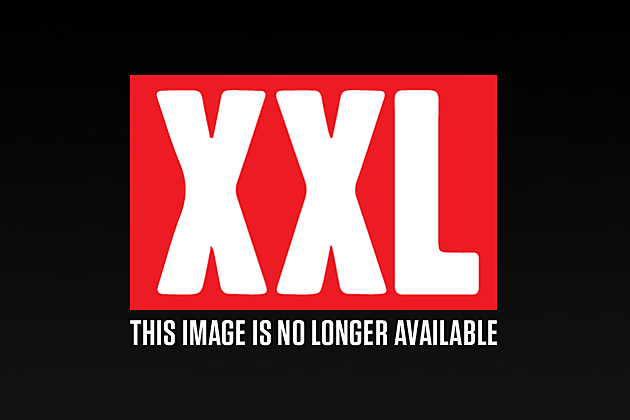
SCHR hating enjoyed its most visible moment this past April, when Jersey City rapper Mazzi, of the underground group S.O.U.L. Purpose, dropped “Lesson A,” an admittedly entertaining diss rhyme and accompanying music video that chastised SCHR artists (specifically The Cool Kids and heralded vagabond producer/MC Jay Electronica) for cultural interloping and watering down hip-hop by dressing like trendoid bastards. (Sample lyric: “The Cool Kids are wack/The Pack want their style back… Get the hell back on your bike and cycle on/With those tight-ass jeans/And probably even tighter thongs.”) In response, the Kids played it cool, appropriately enough, refusing to engage in any real back-and-forth. Blog commentators (sa’prize!) did not. Some concluded that the Cool Kids were phonies, inevitably gay, and the Antichrist, or maybe worse (phony, gay Antichrists?). Others baited Mazzi for being permanently stuck in 1994 and, in an amusing bit of table-turnism, wondered if perhaps he himself was paying a little too much attention to what other dudes were wearing.
The dust eventually, kind of, sort of settled. In the subsequent “Lesson B” video, Mazzi declared that “The Cool Kids are hip-hop.” (Aww, group hug.) But debate points lingered. Isn’t there something wrong, if not somehow culturally dangerous, when the Internet and the industry lavish copious amounts of hype on material like The Cool Kids’ single “’88”—a tune with a chorus that borrows the Nas lyric, “Do the Wop, do the Smurf, Baseball Bat/Rooftop like I’m bringing ’88 back.” Mikey Rocks was but a gleam in his mom’s eye in 1988; Chuck Inglish was all of three years old. Were they even aware that the Rooftop was a legendary NYC hip-hop club? Had they ever even done the Wop?!? And if the tune was recorded with a hipster faux-stalgia nod and wink, didn’t that make it even worse?
Maybe stuff like that would’ve mattered if the music sucked. But it’s hard to be mad at “’88,” or the rest of the Kids’ recent The Bake Sale EP—an enjoyable, spot-on update of Rick Rubin’s early Def Jam drum-machine minimalism (with the occasional now-fashionable chopped-and-screwed-style chorus) that shows that they actually have done (and continue to do) their hip-hop homework. (Chuck has said that his pops made him memorize the lyrics to “Paid in Full” at age three. Talk about homeschooling.) And I may be showing my ancient-ass-ness here, but, seriously, can it really be damaging to hip-hop culture to have two young kids rhyming about being broke but still pulling chicks and looking fly on their bikes? If hip-hop culture (or what’s left of it) is really that weak in the knees, then it deserves to be damaged.
As for the tight pants, well, that’s as much a recurring part of hip-hop tradition as shitty recording contracts and lyrics that glorify violence and selling drugs. Some of our greatest MCs have rocked snug trousers. See Melle Mel circa ’82, LL circa ’86, Chuck D circa ’89 and, of course, Kanye West.
I’d like to think that it’s the fact that SCHR artists are actually paying some attention to their craft and deviating from the antiart “rap is my hustle” routine so prevalent in recent years that’s made their peers (at least ones not named Mazzi) look past their fashion choices and recognize their creative credibility. UGK’s Bun B and the Clipse’s Pusha T have shown their support via features, alongside The Cool Kids, on remixes of Kidz in the Hall’s “Drivin’ Down the Block (Low End Theory),” as well as on Wale’s “The Feature Heavy Song,” while unofficial SCHR figurehead Kanye facilitated Kid Sister’s breakthrough in an attempt to stay up on current trends, after famously losing out to hipster-approved dance artist Justice vs. Simian at the MTV Europe Music Awards two years ago.
As for how far SCHR’s finest can take their fare beyond the initial spark of inspiration (some would argue novelty) and the hipster label they’ve been saddled with? That probably depends most on whether they can definitively and consistently show something of themselves deeper than their street-wear affiliation—say, something along the lines of Wale’s “Cuz I’m African,” which improves upon his usual impressive wordplay by detailing his experiences as a second-generation Nigerian-American (“The pain of an immigrant/I know ’cause I been in there… And the bitches used to laugh/The darkest in the classroom/Pops drove a cab/That’s African”). Or the strangely affecting emo-meets-smooth-jazz swag of Mickey Factz’s dedication to his beloved craft, “Something About Us.” Or maybe Pac Divison’s appetizing “Taste,” which reaches past conventional introductory braggadocio and finds an unexpected fistful of revolutionary rage (“This shit hit harder than the time you found out that your girl was cheatin’/Or maybe even that fateful evening/You turned on the TV screen and seen Rodney King take that beating”).
All promising. None transcendent. SCHR still lacks its unofficial anthem: a song that uniquely conveys the joys of the fly life with a simple statement of purpose or identity—its “Me Myself & I,” its “Nuthin’ but a ‘G’ Thang,” its “All About the Benjamins.”
Or maybe it was “Pro Nails” all along. But even Kid Sister, whose repertoire thus far has leaned heavily on the fun and frivolous, acknowledges her own desire to bridge her percolating Chi-Town club rhythms with something just a little more meaningful than paeans to mean manicures and beeper booty calls.
“It’s not easy giving up personal information and doing it in a way that’s not trite,” she says. “But at some point, ass shaking is just not enough… There was a certain point that I came to where I was like, I gotta step it up a little bit and show people I’m not just some party girl. I’m a normal girl.”
[Editor's Note: This article appears in the September 2008 issue of XXL, along with features on Young Jeezy, Foxy Brown, and Nas.]
More From XXL
